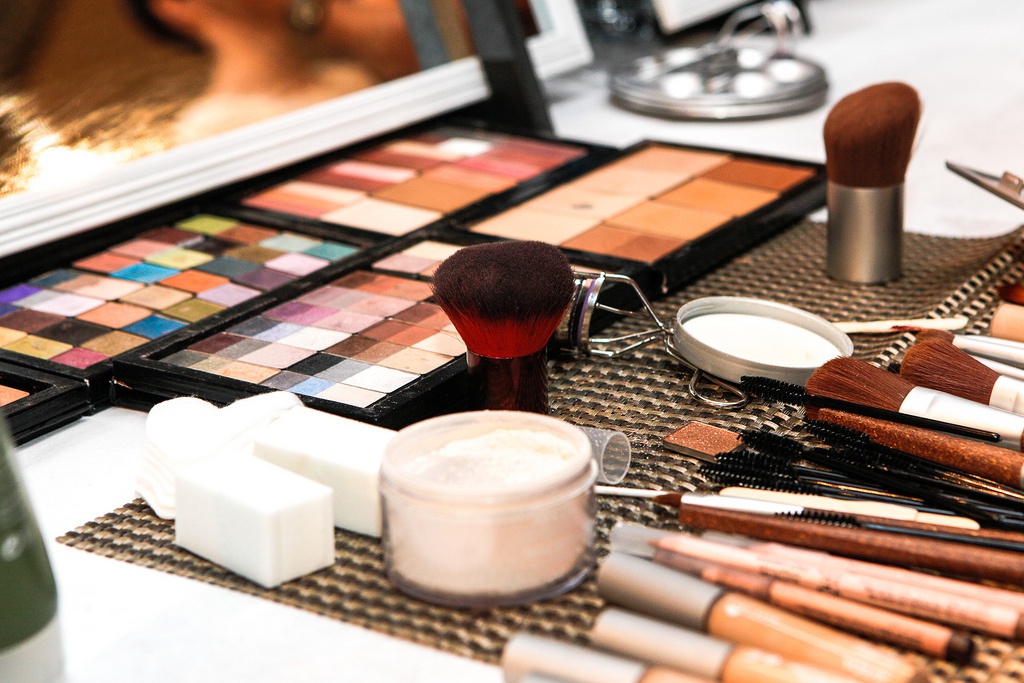All you need to know about becoming a successful beauty therapist
Becoming a beauty therapist

To become a fully qualified beauty therapist, you need to complete a level 2 or level 3 qualification in beauty therapy. Often new therapists start as an assistant in a salon or spa and study for qualifications on the job, or do a full-time or part-time college course while looking for work.
Beauty therapists carry out face and body treatments to help clients not only look better but feel better as well. On average beauty therapists earn £19,000 to £27,000 average per year and work around 37 to 40 hours per week.
Beauty Therapy Courses

Beauty Therapy Courses provided online are perfect for those who wish to learn new skills in the beauty industry and gain recognised beauty industry qualifications. Online beauty courses have been designed to meet the requirements of those who wish to undertake beauty training but are unable to attend full or part-time further education.
There are also multiple beauty colleges that offer a wide range of courses depending on the area you choose to specialise in. For example there is: The Edinburgh School of Beauty and Taylored for you in Wales.
What makeup courses are available in London?
- Beauty Specialist Techniques – Level 2 (Evening)
- Beauty Therapy – Level 2
- Beauty Therapy – Level 2 Intensive
- Beauty Therapy – Level 3
- Beauty Therapy – Level 3 Intensive
- Beauty Therapy Treatments – Level 3 (Evening)
- Beauty Therapy with English Support – Level 2
- Foundation Beauty Therapy – Level 1
- Training in semi-permanent makeup
- Introduction to Hair, Beauty and Makeup – January Start
- Laser and IPL – Level 4
- Lash Extensions
How do you get ahead?
You can get far in the beauty industry by gaining as much experience as possible. Indulge yourself in any opportunities that are presented to you, whether that is an internship or a beauty course at a college. Moreover make sure you read and research the areas of beauty you would like to specialise in, gaining knowledge will help you progress through your career. Furthermore make sure you expose yourself to as many different parts of the beauty industry so that you know what you would like to pursue in your future career.
Alternatives are:
- 1 or 2-days intensive hands on beauty training
- Getting Support from the top beauty school
- Gaining Beauty Industry recognised qualifications through work experience
The Hairdressing and Beauty Industry Authority (HABIA) has more information about careers in beauty therapy and are very helpful in pointing applicants in the right direction. Alternatively you could become an apprenticeship and gain qualifications as you work. You may find it useful to get professional recognition by joining a register like the Register of Beauty Professionals.

When you qualify you then have two options open to you
- Work for a salon or spa as an employee
- Salary Starter: £15,000, Experienced: £17,000, Highly Experienced: £20,000 or more (Salon managers). You may also get tips, and be paid extra for products you sell in the salon. You’ll usually work from 9am to 5pm, including Saturdays. Some salons offer evening appointments.
- Work as a freelancer or set up on your own
- Salary: (the sky is the limit), hours: long (very long)
 Depending on your career choice if you choice to go down the self employed route you will have to arrange your own tax affairs and insurance. Insurance premiums vary, it is best to try and find an insurance broker that insures beauty therapists as they will offer the best cover. If you work for a salon then your employer will deal with all of your tax and insurance themselves so there would be no need to worry.
Depending on your career choice if you choice to go down the self employed route you will have to arrange your own tax affairs and insurance. Insurance premiums vary, it is best to try and find an insurance broker that insures beauty therapists as they will offer the best cover. If you work for a salon then your employer will deal with all of your tax and insurance themselves so there would be no need to worry.
Whatever you decide being a beauty therapist can be very rewarding and enjoyable. You will always be working with people in a bust environment so the career suits the more outgoing of us who like meeting new people.
